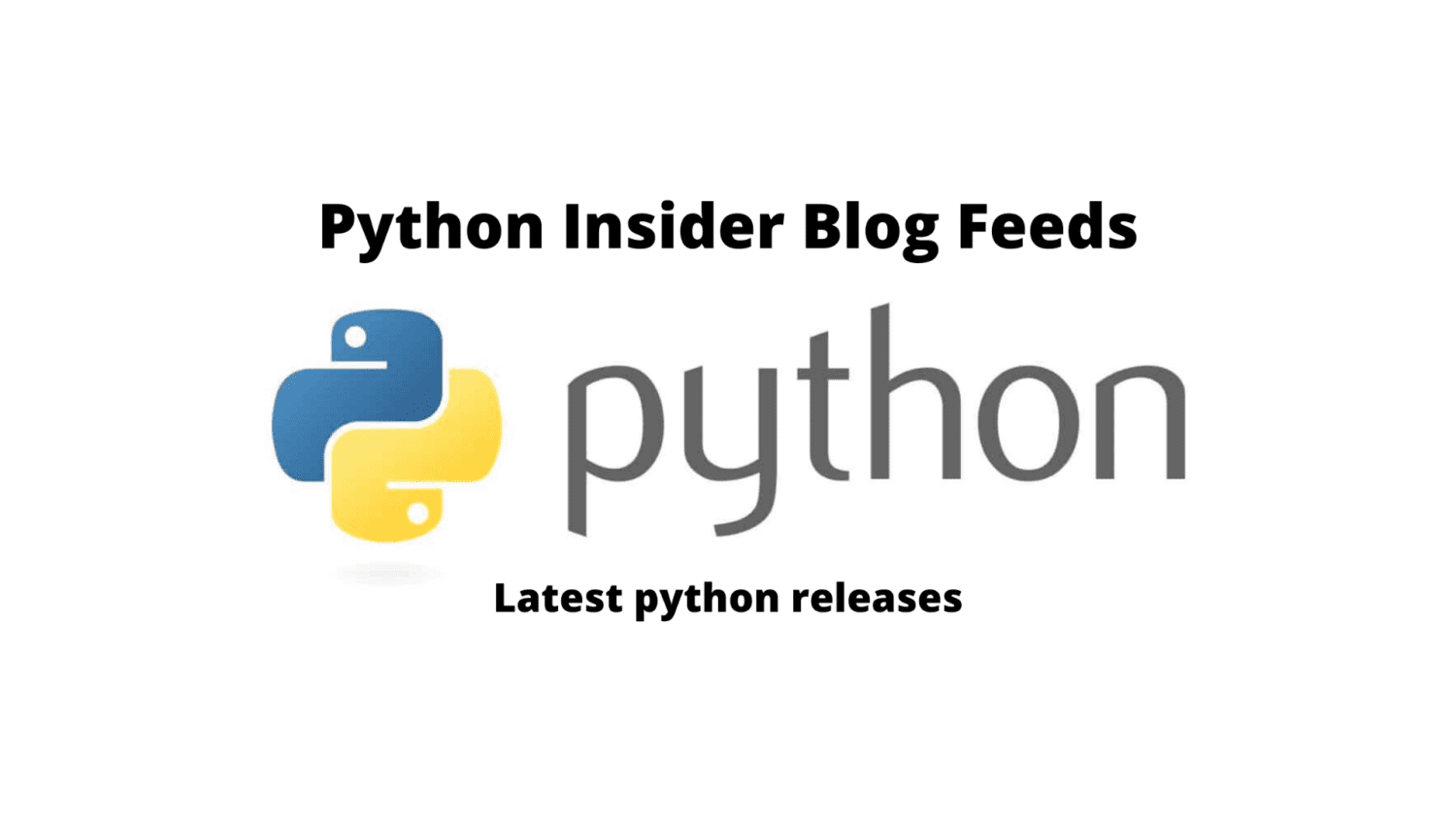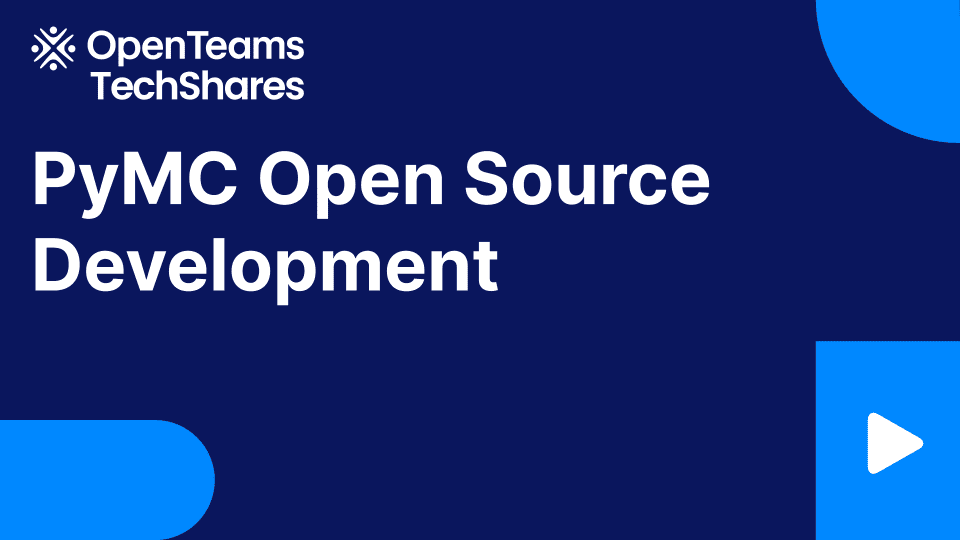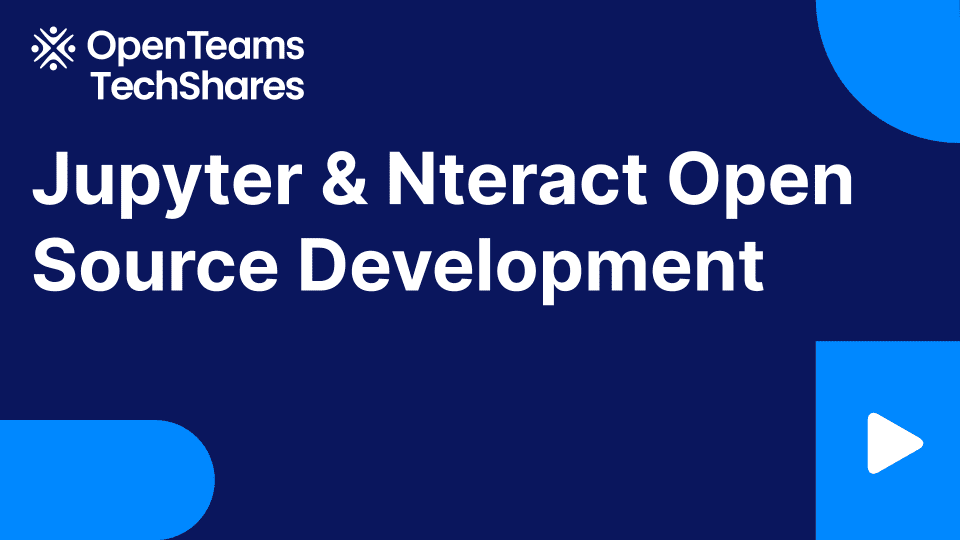
Python 3.12.0 beta 1 released
I’m pleased to announce the release of Python 3.12 beta 1 (and feature freeze for Python 3.12).
https://www.python.org/downloads/release/python-3120b1/
This is a beta preview of Python 3.12
Major new features of the 3.12 series, compared to 3.11
Some of the new major new features and changes in Python 3.12 are:
- New type annotation syntax for generic classes (PEP 695).
- More flexible f-string parsing, allowing many things previously disallowed (PEP 701).
- Even more improved error messages. More exceptions potentially caused by typos now make suggestions to the user.
- Many large and small performance improvements (like PEP 709).
- Support for the Linux perf profiler to report Python function names in traces.
- The deprecated wstr and wstr_length members of the C implementation of unicode objects were removed, per PEP 623.
- In the unittest module, a number of long deprecated methods and classes were removed. (They had been deprecated since Python 3.1 or 3.2).
- The deprecated smtpd and distutils modules have been removed (see PEP 594 and PEP 632. The setuptools package (installed by default in virtualenvs and many other places) continues to provide the distutils module.
- A number of other old, broken and deprecated functions, classes and methods have been removed.
- Invalid backslash escape sequences in strings now warn with SyntaxWarning instead of DeprecationWarning, making them more visible. (They will become syntax errors in the future.)
- The internal representation of integers has changed in preparation for performance enhancements. (This should not affect most users as it is an internal detail, but it may cause problems for Cython-generated code.)
- (Hey, fellow core developer, if a feature you find important is missing from this list, let Thomas know.)
For more details on the changes to Python 3.12, see What’s new in Python 3.12. The next pre-release of Python 3.12 will be 3.12.0b2, currently scheduled for 2023-05-29.
More resources
And now for something completely different
As the first beta release marks the point at which we fork off the release branch from the main development branch, here’s a poem about forks in the road.
Two roads diverged in a yellow wood,
And sorry I could not travel both
And be one traveler, long I stood
And looked down one as far as I could
To where it bent in the undergrowth;Then took the other, as just as fair,
And having perhaps the better claim,
Because it was grassy and wanted wear;
Though as for that the passing there
Had worn them really about the same,And both that morning equally lay
In leaves, no step had trodden black.
Oh, I kept the first for another day!
Yet knowing how way leads on to way,
I doubted if I should ever come back.I shall be telling this with a sigh
Somewhere ages and ages hence:
Two roads diverged in a wood, and I —
I took the one less traveled by,
And that has made all the difference.


